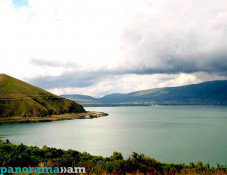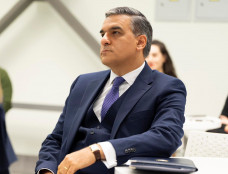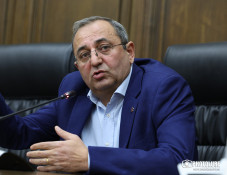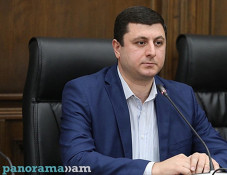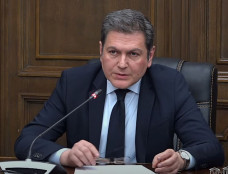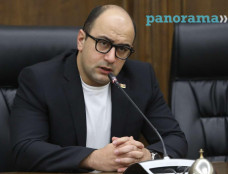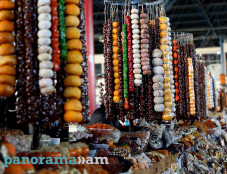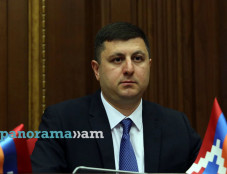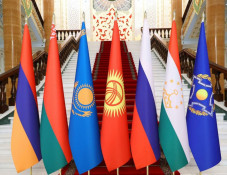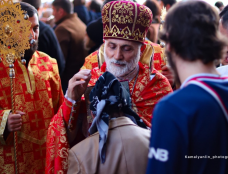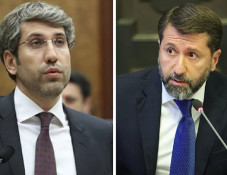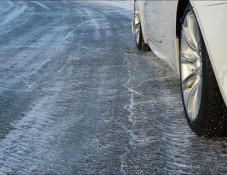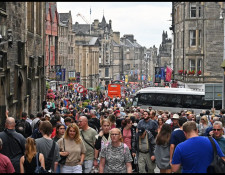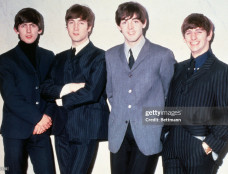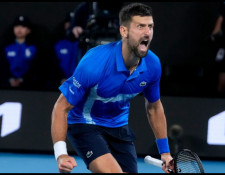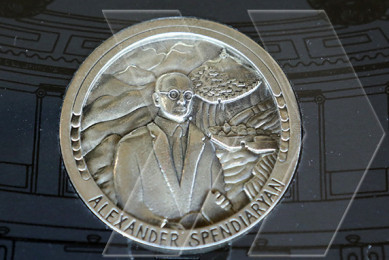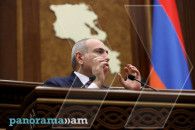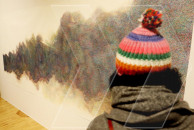
Member of Slovak parliament writes article about his impressions from Armenia and Karabakh
First Speaker of the Slovak National Council, now a member of Slovak parliament Frantisek Miklosko observing the 5th parliamentary elections in May in Artsakh became a persona non-grata in Azerbaijan. Lately, he published an article about Armenia, Artsakh and the impressions he got from them in a renowned Slovak periodical, Tyzden. Article’s Armenian translation was provided to the editorial office by the Forum of Armenian Associations of Europe. The article under the title “The Promised Land” is presented below completely:
“The Promised Land”
“The waters were flowing and returning to the earth, and the waters lessened in 150 days. In the 7th month, on the 17th day of the month, the Ark landed on Mount Ararat peak. The waters were lessening more and more by the 10th month. Mountain peaks appeared on the first day of the 10th month.” /The Bible, Part 1, 8,3-5/.
I visited Armenia and Nagorno Karabakh the other day. When you are in Yerevan and look around from a high point you see Small Ararat and Large Ararat on one side without fail. From all sides the city is surrounded by 3-4 thousand-meter-high mountain peaks. And you clearly understand that the first book of the Bible describes some things very exactly.
Mankind set off on pilgrimage from these lands for the second time and God’s promise –“I will no more curse the earth for the sake of man” – was voiced on these lands.”
Christianity got free and was adopted as state religion in Armenia in 301, that is, 12 years earlier than in the west. It was done by king Tiridates the Great (Trdat Mets), thanks to Gregory the Illuminator miracle and christening. The Armenian alphabet (36 letters) was invented in 405, by Armenian monk, theologian and linguist Saint Mesrop Mashtots.
Armenia is a mountainous land, covered with churches and monasteries. The Armenians realize the value of their old history and culture. It is a proud nation undergoing ordeals throughout its history.
Armenia is a beautiful mountainous country while Artsakh is perceived as the Promised Land, with its mountains, green, large valleys and rocks. Armenia adopted Christianity in 301, while there is a 1st century church in Artsakh, according to legend, built by Bartholomew the Apostle (the latter acted in Armenia and was tortured there).
I observed the 5th parliament elections of Nagorno-Karabakh Republic with FAAE President Ashot Grigoryan on May 23, 2010. Under the Soviet Union NKR was an autonomous state within Azerbaijani SSR (on historic Armenia’s lands). After the collapse of the USSR a referendum was held in NKR on December 10, 1991 and it was proclaimed independent. Then a war broke out in 1991-1994: Azerbaijan attacked NKR and Armenia. Today NKR has Armenian population of 138 thousand people. NKR de facto is an independent republic, while de jure no state has recognized it yet.
28 observers from Russia took part in monitoring the elections (the most renowned is K. Zatulin, Russian State Duma member, member of Putin-led party, many years’ friend of Armenia and NKR), 16 observers from Europe, 9 Abkhazia, South Ossetia, Transdniestria, 7 from Canada, U.S. and South America, 4 Iran. The day before the elections already we were informed that we have been declared persona non-grata.
My participation in the NKR elections as an observer, being there and seeing the land affected by the recent war with Azerbaijan gave quite a new feeling to my political perceptions. We visited various electoral districts, towns and villages as well as once renowned town of Aghdam, a town with the population of 20 thousand people, bombed, deserted, with rare animals or homeless people.
Like anywhere else, the polling stations were located in cultural centers and schools. In almost all schools we saw on the walls black and white photos of young men and women who had attended that school and perished in the last war. I was just as much impressed by meeting NKR political figures and officials most of which had fought in the war. NKR Defense Minister Movses Hakobyan, a very impressive and very modest man in an official uniform, indeed has fought in the war and is a national hero.
NKR Prosecutor General Arshavir Ghahramanyan, army General, is NKR national hero. He had been captured by the Azerbaijani side, then was exchanged for 42 Azerbaijani officers and soldiers. He is also NKR national hero and an embodiment of modesty. And Archbishop of NKR Armenian Church Pargev Martirosyan fought in the war with arms in his hands and today is also a national hero. The legality of such individuals’ as well as NKR President’s and government members’ existence is proved not only by the elections but also the fact that they faced the death, fought to save the homeland and were ready to sacrifice their lives for the sake of saving the homeland.
Two events took place in NKR in the evening preceding the elections: the European Parliament accepted Bulgarian MP’s proposal to return NKR to Azerbaijan. At best, this decision can be considered illegal.
Lake Sevan is located at a height of 2 thousand meters above sea level in Armenia. There is a 4th century Christian cemetery with over 2 thousand unique cross-stones near the lake. Some of them have been displayed at the Louvre Museum in Paris. A similar 4th century cemetery, yet with almost 6 thousand unique cross-stones was located in Nakhichevan which is today in Azerbaijan’s territory. As far as I remember, it was in 2005 when the Azerbaijanis broke all those cross-stones, threw them into wagons and took away. There is a deserted area today in the place of former cemetery. The European Parliament perhaps wants also to give green light to such a future for the ancient Armenian culture in NKR.
The day before the elections NKR Foreign Ministry learnt another news from Brussels. European Union Foreign Minister Baroness Catherine Ashton declared that EU does not recognize the NKR elections. After the elections 63 independent observers signed a statement, according to which, the NKR elections were peaceful, free and democratic and met all international norms and requirements. I will say in addition to this that the 71% elections turnout made me feel that NKR independence referendum was again held.
NKR is a country of tolerance and democracy unlike, for instance, Azerbaijan where the parliament has lately adopted a constitutional law on granting Aliyev life rule mandate.
During my stay in NKR I got the impression that the Nagorno-Karabakh problem is after all a European Union problem. 138 thousand residents in NKR in a hopeless condition protect their
Christian civilization, history, their spiritual and physical essence. Today NKR exists especially thanks to envoys of Russia, U.S. and France who make the so-called Minsk Group and search a solution. NKR also exists thanks to Armenians living in Armenia and NKR who are ready to defend NKR in a war if Azerbaijan – a bigger yet a weaker state – attacks.
In 1938 European super-mighty countries ceded the territories of Czech Republic and Slovakia to Hitler intending thus to save peace in Europe. Indeed they saved neither the peace nor themselves. If EU misses the chance of saving the small NKR and its Christian civilization allowing the foreign civilization to triumph there, no doubt the same will happen to the very EU. Today Christian Europe is a chain, the existence of which will be decided by its weakest link – NKR.
To be in Armenia and not to see Mount Ararat is the same as to be in Rome and not to see the Pope. Pushkin traveled to Yerevan for 23 days and waited for 7 days to see Ararat. When he failed he said: “Ararat, I had been waiting for 7 days to see your face. It’s a pity you hid it but you saw mine instead.”
I am not Pushkin, and maybe that is why I had the opportunity to enjoy last happiness in the last evening, after visiting Etchmiadzin, when Catholicos of All Armenians, His Holiness Karekin II blessed me; suddenly Ararat opened at sunset and I was able to see the inimitable beauty of this magnificent mountain that I will never forget.
Newsfeed
Videos





